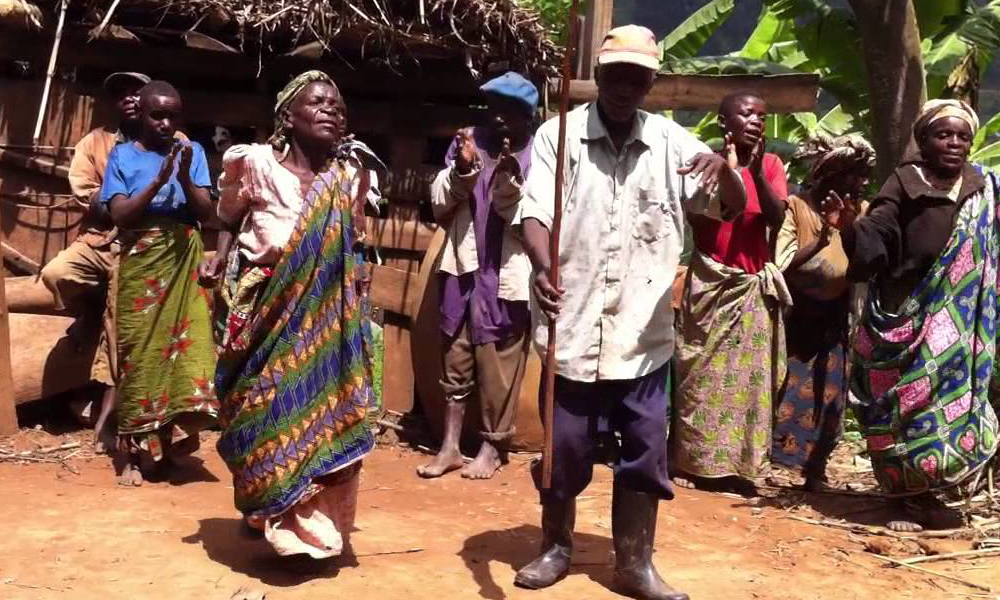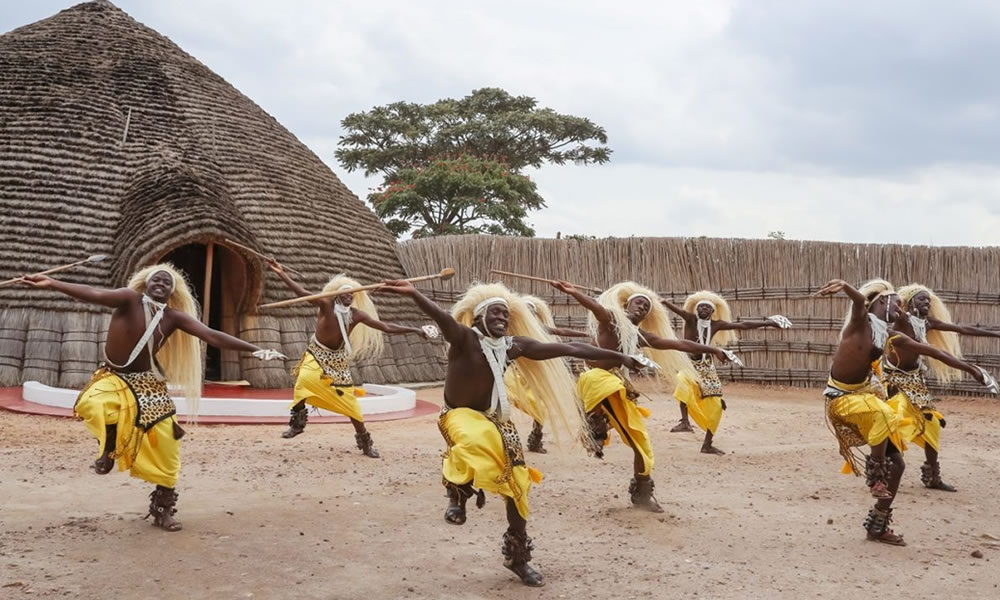East Africa is a premier destination for eco-tourism, offering a range of options that promote…

Supporting Local Communities Eco-Friendly Tours
Kigali, Rwanda’s vibrant capital, is increasingly becoming a beacon for supporting local communities eco-friendly tours. As travelers and tour operators recognize the importance of sustainable practices, Kigali’s eco-friendly tours are designed not only to minimize environmental impact but also to support and uplift local communities. Here’s a guide to how eco-friendly tours in Kigali are supporting local communities eco-friendly tours and ways you can contribute to the city’s sustainability efforts while enjoying a unique travel experience.
1. Sustainable Transportation Options
Eco-friendly tours in Kigali prioritize low-impact transportation methods to reduce the carbon footprint associated with travel.
Highlights:
- Bicycles and E-Bikes: Many tours offer the option to explore the city by bicycle or electric bike. This mode of transportation is not only environmentally friendly but also allows you to navigate Kigali’s scenic routes and neighborhoods at a relaxed pace.
- Walking Tours: For a more intimate and immersive experience, walking tours are a great way to explore Kigali’s local culture and supporting local communities eco-friendly tours.
2. Community-Based Eco-Tours
Community-based eco-tours focus on integrating sustainable practices with local community support, providing travelers with authentic experiences while benefiting local residents.
Highlights:
- Cultural Immersion: Participate in tours that include visits to community-run projects, such as eco-friendly craft workshops, traditional cooking classes, and cultural performances. These activities help support local artisans and promote traditional practices.
- Economic Empowerment: By choosing community-based tours, you contribute directly to local economies, helping to fund education, healthcare, and infrastructure projects that improve the quality of life for residents.
3. Conservation-Focused Activities
Eco-friendly tours often include activities that promote environmental conservation and raise awareness about the importance of protecting natural resources.
Highlights:
- Tree Planting: Engage in tree-planting initiatives as part of your tour. This activity helps combat deforestation and contributes to the restoration of local green spaces.
- Wildlife Conservation: Participate in tours that support wildlife conservation efforts, such as visits to conservation centers or participation in activities that aid in the protection of local flora and fauna.
4. Green Accommodation Options
Sustainable tours often partner with eco-friendly accommodations that prioritize environmental responsibility and support local communities.
Highlights:
- Eco-Lodges and Hotels: Stay at eco-lodges or hotels that use sustainable practices, such as solar energy, water conservation, and waste reduction. These accommodations often provide opportunities for guests to learn about and engage in their environmental initiatives.
- Community Homestays: Choose homestays with local families who practice sustainable living. This option allows you to experience daily life in a more personal and environmentally conscious setting.
5. Local Markets and Fair Trade Products
Eco-friendly tours often include visits to local markets and fair trade outlets, supporting sustainable commerce and providing travelers with unique, ethically sourced products.
Highlights:
- Local Markets: Explore markets such as Kimironko and Nyarugenge, where you can purchase fresh, locally grown produce and handmade crafts. Your purchases help support local farmers and artisans.
- Fair Trade Shops: Visit shops that sell fair trade products, ensuring that your purchases contribute to fair wages and sustainable practices.
6. Education and Awareness
Many eco-friendly tours incorporate educational components that raise awareness about environmental issues and encourage responsible tourism practices.
Highlights:
- Guided Information: Tours often include guides who provide insights into the environmental challenges faced by Kigali and Rwanda, as well as the positive steps being taken to address them.
- Workshops and Seminars: Participate in workshops or seminars that focus on sustainability, conservation, and responsible travel practices.
7. Partnerships with Local Organizations
Eco-friendly tours frequently collaborate with local organizations and NGOs that focus on environmental and community development.
Highlights:
- Collaborative Projects: Tours may support projects run by local organizations that address issues such as waste management, renewable energy, and conservation.
- Volunteering Opportunities: Some tours offer the chance to volunteer with local organizations, allowing you to contribute directly to community and environmental initiatives.
Conclusion: Making a Positive Impact Through Eco-Friendly Tours
Eco-friendly tours in Kigali offer a meaningful way to explore the city while supporting local communities and protecting the environment. By choosing tours that prioritize sustainability, you contribute to Kigali’s efforts to create a greener and more equitable future. Embrace the opportunity to engage in eco-conscious travel practices and enjoy a richer, more rewarding experience that benefits both you and the communities you visit.



